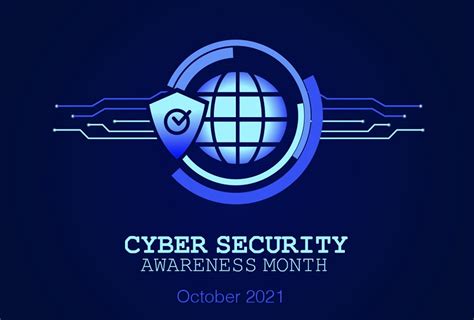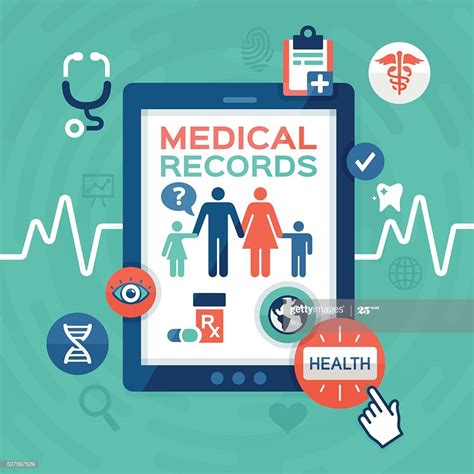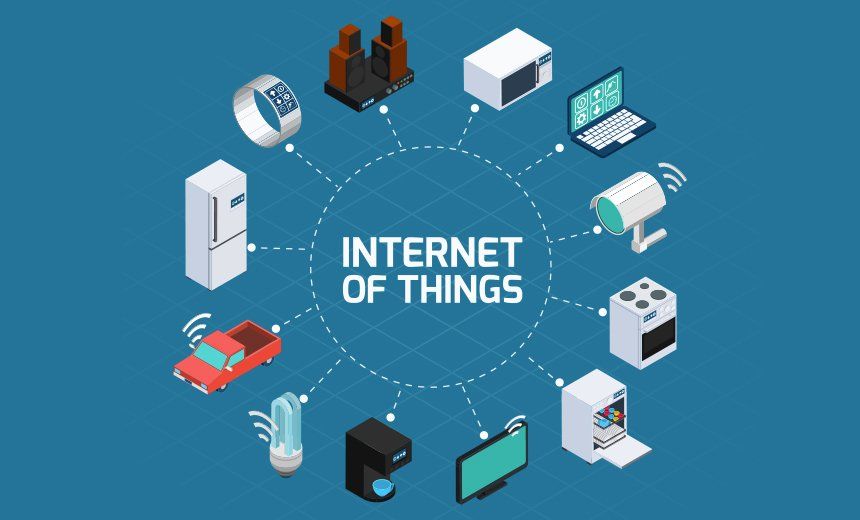Network Security News & Articles

I’m aware that that’s probably made up by some geek living in his mom’s basement, but it will serve its purpose for me today. How safe are you? How safe is your personal data? How safe is anything really? It’s time to think about it!! And luckily for you, I’m here with some ideas to help you along. First of all, lets talk passwords. Yes, I know, you’ve heard it all before: make sure it’s long enough; make sure it’s unique; use caps, symbols, and numbers interspersed in your password. These are all great things to do by the way, so still keep doing them! But here are a few things you may not have thought of (or maybe you’re super smart and did, but keep reading anyway): Linking your logins to social media is a bad thing. Remember that Facebook outage recently? That could have gone much worse than it did. When you link your logins together you’re basically making a road for a hacker to follow into ALL of your personal things….kind of like when your sibling rummaged through your underwear drawer when you were a kid and found your diary (or your pot stash). No one wants that. So, unlink as much as you can and have separate logins for all your apps and games. Change your passwords regularly! If you can’t come up with unique passwords all the time, there are password managers out there that will do that for you (and remember them too!!). Personally, I use LastPass, but there are a lot of good, free ones out there. Do some research. Use 2FA whenever possible, especially for things like banking, health records, or other really personal actions. 2FA stands for 2 Factor Authentication – so, you can have a combination of things to log into your accounts. Those things include something you know, something you have, or something you are. Examples: something you know would be a password, something you have could be an access card (like your debit card), and something you are could be a fingerprint or retina. The most common 2FA method used online is the username/password, then a texted code to enter the site. You must have all three of these things to gain access. Delete old accounts you don’t use any more. Do you have an old MySpace account? Tumblr? A sock account you used somewhere you should not have been? Get rid of them, the smaller footprint you have online, the safer you are. Logout of apps! If there is a logout option, use it! Don’t just close the window and hope that it closed everything down. This is especially important for banking sites. These are just a few things you can do to make your online life safer. If anyone has anything to add, please do in the comments, they’re more than welcome 😊 Stay safe everyone! Cindy

Hi everyone! I was going to write a blog about security and working from home, but while doing something else online I came across a memory. I was researching some topics for our website and was looking up current trends in cyber security and came across Bruce Schneier. Now, that name won't mean anything to most of you reading here, but it means a lot to me. He's the one person who influenced me to get into cyber security and more importantly held my interest. I first saw him speak at SecTor (a security conference I attended in Toronto in 2016 or 17). He was the key note speaker and was amazing. He hit on things I've never even thought of, and made it interesting and fun to listen to! As you know, most technical classes/speakers/presentations are very dry and boring, or so technical that you just sit there scratching your head wondering what the heck they're talking about (I've been to a few of those as well). Mr. Schneier was animated, knowledgeable, technical at times, but most of all he ENJOYED what he was talking about. He's written many books - my favourites being "Click Here to Kill Everybody" and "Data and Goliath". Here's a link to the rest of his books for anyone interested: https://www.schneier.com/books/ He also writes a blog which covers varied topics - some technical, some not so much, which can be found here: https://www.schneier.com/ I hope you enjoyed this semi-blog post 🙂 Next time...working from home...maybe.

Last time I talked about how common everyday items can totally screw up your IT security. Today I’m going to expand this thought to include your health and welfare, government, and infrastructure. I think that most of us can agree that cutting down on the amount of paper we use is a good thing, right? Save the environment and all that. So, what’s the alternative then? Going electronic. While this sounds like a great idea – it's easier to access records, share records/files, saving the rainforest, and having all your documents in one place (hopefully), there are downsides to it. Without proper security protocols in place, your personal information could be stolen and used for a number for reasons – blackmail, fraud, theft, or for some kid fooling around in his basement trying out new hacking techniques, for fun. What does this mean for us as a society? It means we need to be aware, and to make those that hold these records for us accountable for their safety. Let’s talk medical records for a minute. While many people wouldn’t necessarily give them a second thought (who wants pictures of my colon??), a lot of valuable information is contained in them. Your full name, address, phone number, date of birth, next of kin, and health card number. With just those things, you can lose your identity, have your records used to blackmail you, or worse yet, be deleted. Do you know how hard it is to get a new doctor or a referral without those records? Something to think about. Moving on to government. Where to start here?? Many of us get money from them at some point in our lives, whether it’s a welfare cheque, disability, a tax refund, or (sadly) an audit. And what about documents like a new driver's license, health card, or passport? The amount of information available to steal in any of these transactions is phenomenal. What do they do to protect us? Remember when Equifax got hacked? It can and does happen. Finally, infrastructure. Ever think about what runs the traffic lights, street lights, electronic signs, the electricity to your home? Computers. What would happen if someone went in and turned everything off? Just killed it all. What would happen then? Probably mass chaos. So, what can we do? First of all, keep any paper documents you receive from the government, as well as any emails (same goes for medical things). Taking some responsibility for your own safety goes a long way. But we also need to hold those that hold our information for us accountable for its safety as well. How to do that? I don’t have that answer. Keep abreast of any hacks that happen in our government or healthcare and make sure you weren’t affected. And if you were, take steps to secure your information. As to infrastructure, there’s not a lot that we as citizens can do if someone decides to shut down our city. Keep supplies in just in case there’s a blackout. Have a generator if you have things that can’t be off for a long period of time. It’s hard to predict these things, but a little preparedness is a good thing. With the advent of Covid, we should be getting good at this preparedness thing anyway. Any thoughts, debate, conversation, is welcome! These are just my thoughts, and I’m open to others thoughts on these matters. Till next time, stay safe! Cindy

The inspiration for this blog came from the fact that we need a new car in the very near future. At the moment we have an older car without all the fancy tricks like backup cameras, those annoying beeps when you’re too close to another vehicle, and Wi-Fi and usb capabilities (we only have a CD player and radio! Gasp!). So, while browsing for a new vehicle, it has become very apparent that you can’t get “standard” features any more – like a physical key to get in and out of the car, or even to start it. You can’t get a car that doesn’t have all the annoying beeping, cameras, and computers that run every little thing from your brakes to your radio. What does this mean to me, an IT security person? Danger. Lots of it. It is estimated that by the year 2022 there will be 28.5 billion IoT (Internet of Things) devices connected to the internet. These range from cars, to refrigerators, kids’ toys, to phones and computers. 28.5 billion ways for a hacker to ruin your life. I know you’re asking yourself, “how can my kids’ teddy bear ruin my life?”. As soon as you connect to the internet you become vulnerable. Your kids’ fun toy may have a chip in it that makes it dance, sing, or even interact with your child. Most companies don’t think about security when they make these items, they want to pump out product as cheaply and quickly as possible and rake in the Benjamins. So, you bring home this toy, set it up on your Wi-Fi and your child is pleased as punch! After a while you start to notice that your internet is getting slow, or you’re receiving more spam than usual, or in a more severe case your door locks (that you smartly bought so that you can operate them from your phone) start to lock and unlock on their own. Or your lights flicker at all times of the night. This could be attributed to some faulty wiring, or some other perfectly reasonable explanation. But think about this, it could be some hacker just messing around to see what he/she can get away with. It’s remarkably easy. Most homeowners don’t even change the default password on the router that gets them to the internet, let alone set up any sort of security when it comes to their own IoT devices. So, what can we do? We need to educate ourselves about IT security and what it will mean to the safety of our families and home. Change that default password! It’s a good first step. Any IoT products that you bring into your home need to be secure – check if you can password protect it. Run them through your home network behind a firewall, or disable the product’s ability to connect at all if it’s not needed. These are just a few examples of IoT. Next blog I’m going to get into health issues, transportation issues, and other things that will affect the entire population. We’re still searching for a car. Maybe a 1958 Chevy is the way we’ll go.
